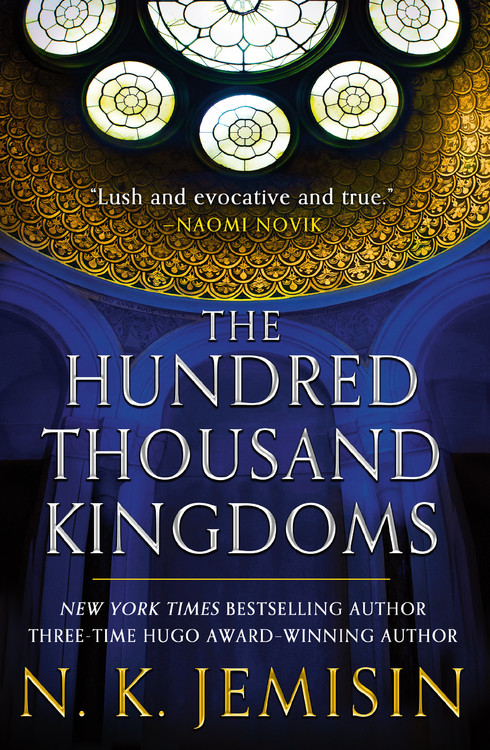I'm not sure what you mean by afrocentric philosophies, but I'd recommend the works of anthropologists.
Unfortunately I don't know yet which english ones are good and specialized in African groups so I won't be of much help

Years ago I wanted to expand my knowledge about African systems of philosophy (some of my old threads on the root are a testimony of that interest) so I started to check out what African philosophers were talking about, looking for interesting epistemologies.
And while there were some interesting finds, it wasn't quite what I was looking for. I think one of the reasons for this is that for many cultures, African or not, it doesn't really make sense to separate systems of thoughts from the realms of culture, social practices, politics, economy... As they're tightly interwoven into coherent wholes.
Anthropologists try to take into account that whole, plus they be on the field with it and it's really one of the areas of science that has been the most decolonized.
For example, I ordered these a couple days ago...
(In English: The gods of the territory: Think genealogy in another way)
(In English: The Sovereignty of Land: An African lesson on inhabiting)
... After listening to an hour and a half discussion with the author, an anthropologist who observed during 30 years how some groups in Burkina Faso relate to the Earth and territory.
Fascinating stuff, about how these groups view Earth as an independant abstract entity (like a State) needing of sanctuaries and representatives, resulting in some swathes of land being forbidden to humankind, and others where humankind can be welcome and can set up homes if specific rituals are accomplished. And those rituals, granting the right "to sit" (or inhabit), also tie the family of whoever it is performed for to the land and the rest of the community, making that group a child of the Earth's "skin" where it is performed, and creating another form of genealogy which is not based on blood but of belonging to a specific space.
And it is fundamentally different from how the West views land as property or merchandized, since it is not something for humans to possess, buy, or destroy (you can't do any of those).
This relationship also instructs how they make community, how they deal with strangers (the rituals are opened to all who make the necessary sacrifices and the guardians of the Earth virtually cannot refuse a place to sit to whoever ask for it), etc etc. The economy, spiritual practices, mythology and the social realm are all tied together.
So yeah, I'd recommend trying to find based and serious anthropologists who have put in the work. There must be plenty in the english speaking world.
 . I'm trying to gain knowledge of self and purpose beyond the present.
. I'm trying to gain knowledge of self and purpose beyond the present.

 . I'm trying to gain knowledge of self and purpose beyond the present.
. I'm trying to gain knowledge of self and purpose beyond the present.






